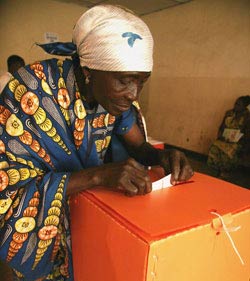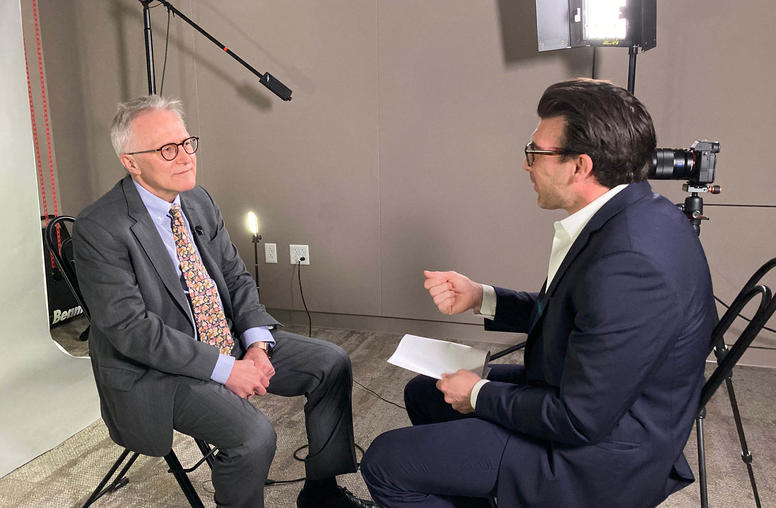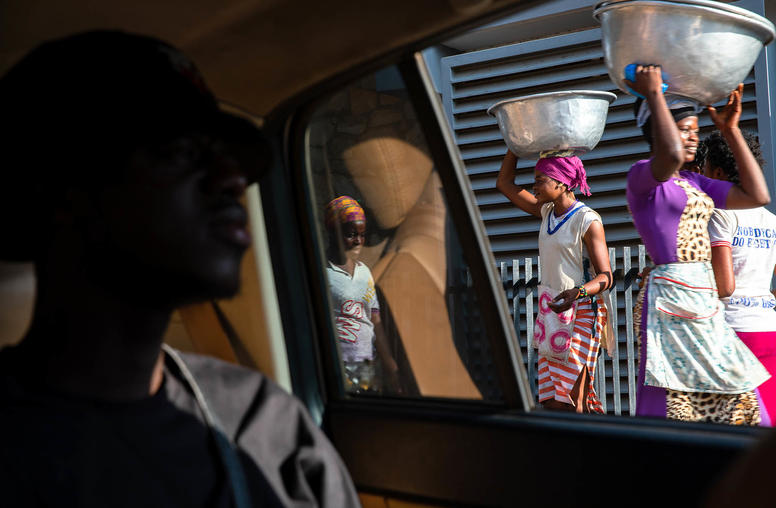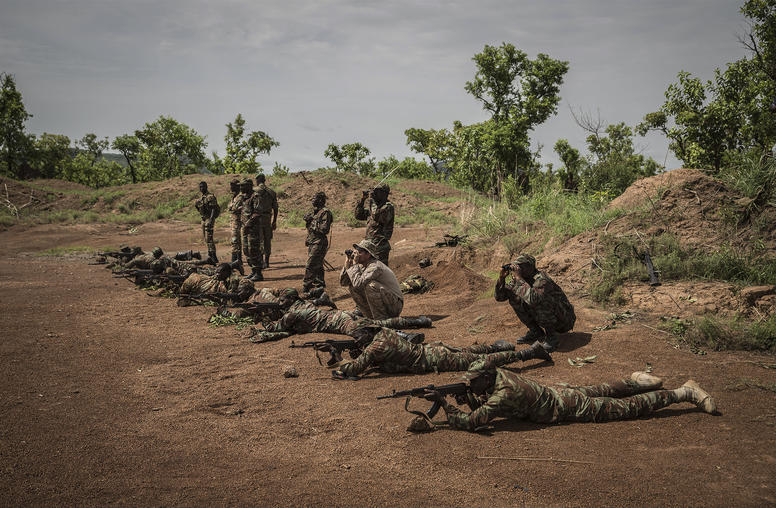Assessing Progress Toward Democracy in Francophone Africa
Four Francophone states in West Africa have recently held elections. In three, new presidents have taken office in processes that followed protracted periods of conflict and disputed rule; in Benin, a reelected incumbent has continued a democratic tradition of 20 years' standing. Despite the fact that the outcomes of some of these elections have been disputed, they nevertheless represent steps toward strengthening democracy in the region. This USIP event takes place in the past, please view the Webcast, Audio, or photos.
Read the event coverage, African Presidents at USIP Couple Democracy, Security

Four Francophone states in West Africa have recently held elections. In three, new presidents have taken office in processes that followed protracted periods of conflict and disputed rule; in Benin, a reelected incumbent has continued a democratic tradition of 20 years' standing. Despite the fact that the outcomes of some of these elections have been disputed, they nevertheless represent steps toward strengthening democracy in the region.
Speakers
- Boni Yayi
President of Benin - Alpha Conde
President of Guinea - Mahamadou Issoufou
President of Niger - Alassane Ouattara
President of Cote d’Ivoire - Tara Sonenshine, Introductions & Moderator
Executive Vice President, USIP
Event Photos
Explore Further
- Read African Presidents at USIP Couple Democracy, Security news feature by Thomas Omestad
- Access video, audio and photos from the recent event Liberia: Through the Eyes of President Ellen Johnson Sirleaf, Africa’s First Elected Female Head of State
- Read Persistent Challenges to Long-Term Peace in Côte d’Ivoire Peace Brief by Dorina Bekoe
- Read Political Trends in the Africa Great Lakes Region Special Report by Judith Vorrath
Related Academy Courses
- Preventing Electoral Violence in Africa: Tools for Policymakers
- Governance and Democratic Practices in War to Peace Transitions
- Rule of Law Practitioners Course
- Upcoming Academy Course: Preventing Electoral Violence in Africa: Tools for Policymakers offered October 24, 2011 - October 27, 2011



